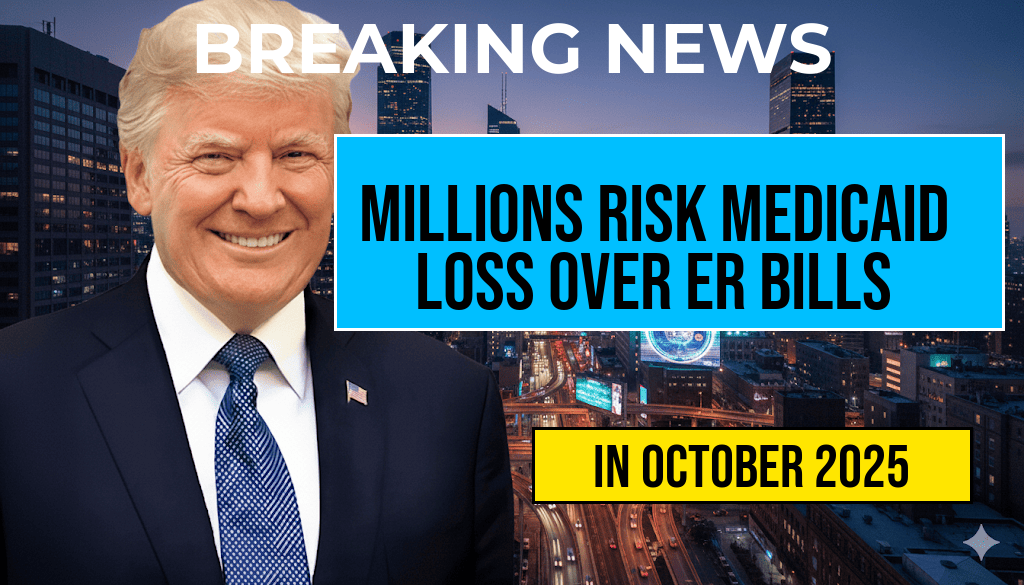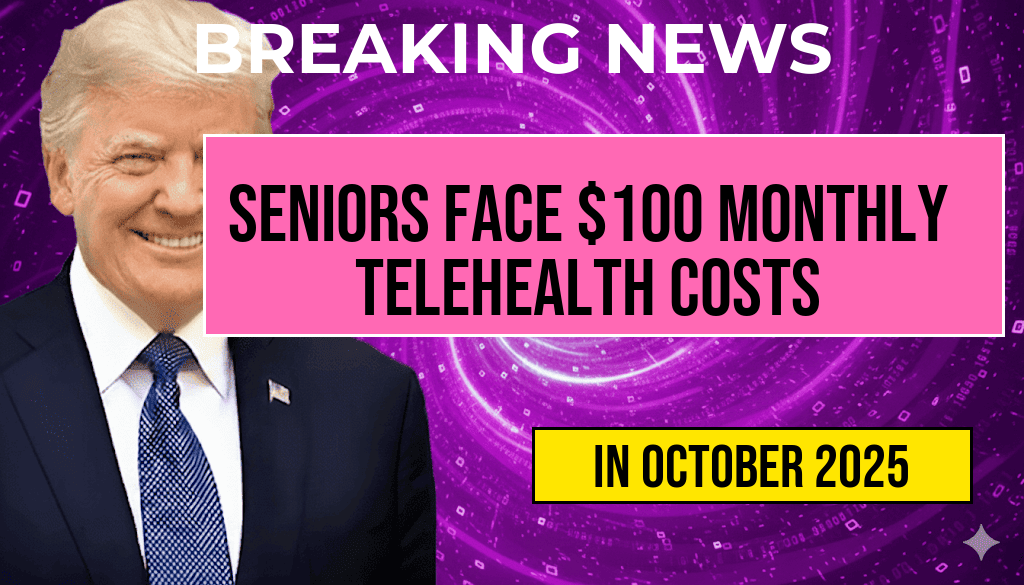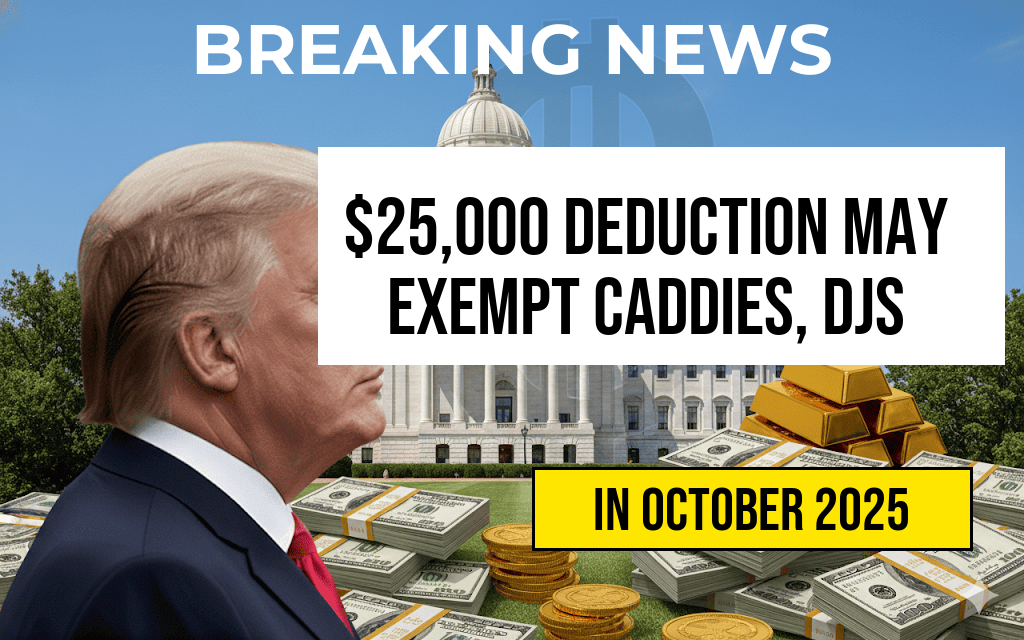As the U.S. grapples with the ongoing repercussions of the COVID-19 pandemic, millions of Americans find themselves facing potential loss of Medicaid coverage. The Congressional Budget Office (CBO) has recently raised alarms about the implications of a significant increase in emergency room costs, particularly a $1,000 bill, which could exacerbate the fragile healthcare safety net for low-income families. With the federal government set to unwind pandemic-era policies that expanded Medicaid access, many individuals fear that their coverage could be on the line, leaving them vulnerable to exorbitant costs for essential healthcare services.
Understanding the Medicaid Landscape
Medicaid, a joint federal and state program, plays a crucial role in providing health insurance to millions of low-income Americans. The program was expanded during the COVID-19 pandemic, allowing more individuals to access necessary medical care without the threat of overwhelming bills. However, as the CBO warns, the fallout from increasing emergency room expenses could lead to a drastic reduction in Medicaid enrollment.
What the CBO Report Indicates
The CBO’s recent report emphasizes the financial strain that a typical emergency room visit can place on families, especially those on Medicaid. The report highlights the following key points:
- Rising Costs: The average cost of an emergency room visit has surged, with many individuals facing bills around $1,000 or more.
- Loss of Coverage: As states begin to roll back expanded Medicaid access, a significant number of individuals risk losing their coverage, particularly those who are close to the income threshold for eligibility.
- Impact on Health Outcomes: Loss of Medicaid could lead to increased health disparities, as those without coverage may delay seeking care, exacerbating underlying health issues.
The Potential Fallout
The implications of losing Medicaid coverage could be profound. According to the Kaiser Family Foundation, over 80 million Americans depend on Medicaid, with many relying on it for essential services such as preventive care, mental health services, and chronic disease management. The potential loss of coverage could lead to:
- Increased Emergency Visits: Without Medicaid, many individuals may be forced to seek emergency care for avoidable conditions.
- Financial Hardship: Uncovered medical bills can lead to financial ruin for families, pushing them further into poverty.
- Public Health Risks: A rise in untreated health conditions could result in broader public health challenges, impacting communities at large.
State Responses and Solutions
In response to the CBO report and the looming threat of Medicaid rollbacks, some states are exploring measures to address the anticipated fallout. Solutions being discussed include:
- Expanding Eligibility: Some states are considering expanding Medicaid eligibility beyond the current thresholds to ensure more individuals retain coverage.
- Alternative Funding Sources: Exploring partnerships with non-profit organizations to provide additional funding for low-income healthcare services.
- Preventive Care Initiatives: Investing in preventive care programs to reduce the need for expensive emergency services.
What Individuals Can Do
For those at risk of losing Medicaid coverage, it is essential to stay informed and proactive. Options include:
- Reviewing Eligibility: Individuals should review their eligibility status and understand the application process for Medicaid or alternative health insurance options.
- Seeking Assistance: Organizations such as HealthCare.gov offer resources for understanding health coverage options.
- Engaging with Local Advocacy Groups: Connecting with local health advocacy groups can provide additional support and resources.
The Path Forward
The CBO’s warning about the implications of rising emergency room bills underscores a significant challenge facing millions of Americans. As the healthcare landscape shifts, it is crucial for policymakers, healthcare providers, and individuals to navigate these changes thoughtfully to ensure that vulnerable populations do not fall through the cracks. Addressing the intersection of rising healthcare costs and Medicaid coverage will require collaboration and innovative solutions to safeguard the health and well-being of countless families across the nation.
Frequently Asked Questions
What are the main reasons millions may lose Medicaid coverage?
The main reasons include the potential changes in eligibility requirements and the expiration of temporary provisions that were implemented during the pandemic. These changes could lead to many individuals no longer qualifying for Medicaid, especially those who have recently experienced shifts in their income or household size.
How does a $1,000 ER bill impact individuals at risk of losing Medicaid coverage?
A $1,000 ER bill can be a significant financial burden for individuals who may lose Medicaid coverage, as they could suddenly be responsible for the full cost of emergency medical services. This financial strain can deter people from seeking necessary medical care, potentially leading to worse health outcomes.
What can individuals do if they are at risk of losing Medicaid?
Individuals at risk of losing Medicaid should explore their options for other forms of health insurance, such as Marketplace plans or employer-sponsored insurance. They can also check for state-specific programs that may provide assistance or coverage alternatives.
How does the CBO report influence public policy regarding Medicaid?
The CBO report provides crucial data and projections that can inform lawmakers about the potential impacts of policy changes on Medicaid enrollment and healthcare costs. It helps shape discussions on healthcare reforms and funding allocations to ensure that vulnerable populations are protected.
What are the long-term implications of losing Medicaid coverage for individuals?
Long-term implications of losing Medicaid coverage can include increased financial hardship due to medical bills, reduced access to healthcare services, and a decline in overall health. This can lead to a cycle of poverty and increased reliance on emergency services, which can further strain the healthcare system.






